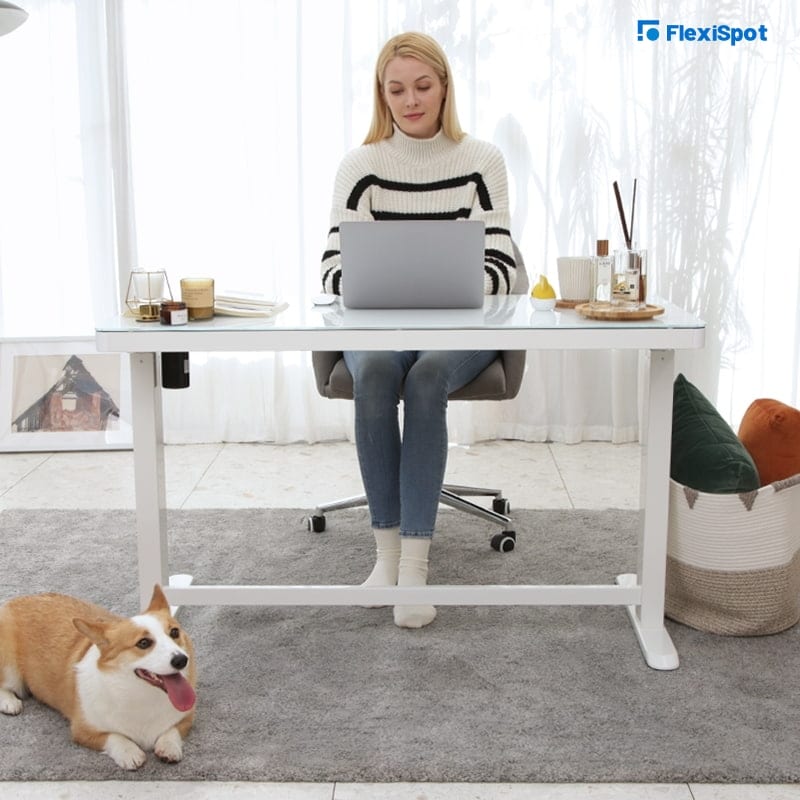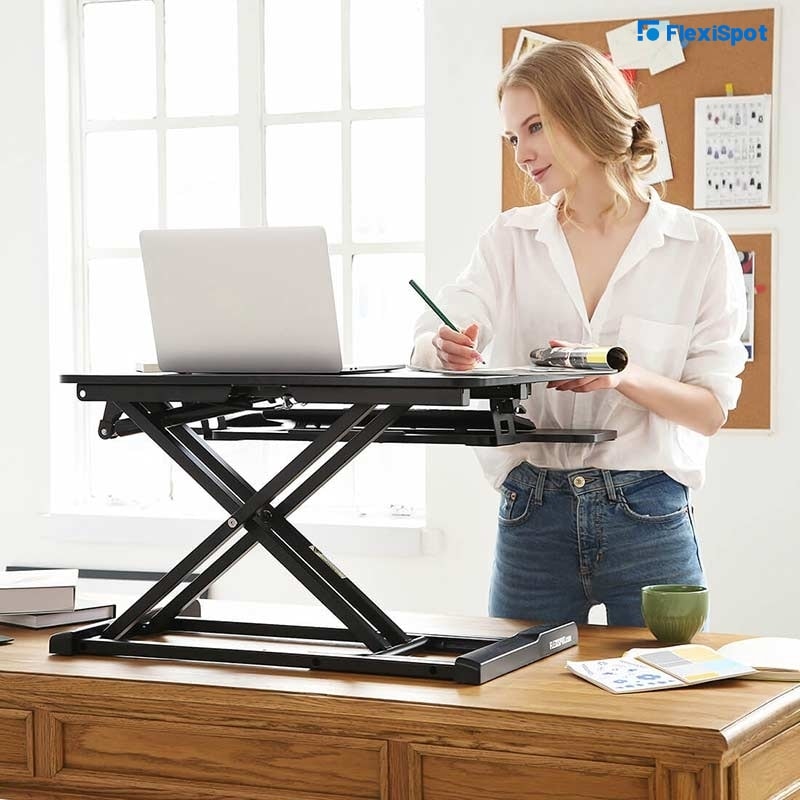Even if you are the most diligent employee in the office, you are still not perfect. For sure, there had been a day, or days even, that you complained about needing to commute to and from your workplace. Or you’ve probably ranted about unproductive meetings that are unnecessary and take away time from fulfilling tasks. Or you’ve probably noticed how monotonous office cubicles are and it gets boring day by day, year by year.
Of course, employers don’t want their employees low on motivation and productivity.
Then, COVID-19 happened and sent employees to start working from home. It made many experiences having to be free from the commute five to six days a week. It also meant lower operating costs or overhead from employers. COVID-19 forced those companies to find a way that will make working remotely a possibility. Lockdown followed one after another and businesses were forced to continue operations from home.
At first, when no one knew the gravity of COVID-19, people were expecting to return to the office after two to four weeks. But then, the lockdowns stretched out and it got the conversation rolling about what the future work model will be. Are people still going to return to working in the office? Will people permanently work from home? Or is it possible to mix the WFH and work at the office set-ups?
Below we broke down the pros and cons of working from home versus working in the office.
Public Commute
Many workers prefer to work from home because they don’t need to take the long commute in the morning on the way to the office and in the afternoon, on the way home. On average, commuting time probably accounts for two hours of your time in a day. This time could actually be used for telecommuting which means working from home by using your phone, email, or any messaging app. There are people who loathe the traffic or the early morning wake-up so much that they will choose to work from home where they could spend more time with their families and loved ones.
Mode of Communication
In terms of communication, many prefer a face-to-face meeting to any other form of communication. This is easily achieved if it’s an internal meeting help in the office space. Working in the office can actually create networking opportunities. Since we are social beings, we crave for attention and conservations that we can only get during an in-office set-up. In person, nonverbal cues are observed and add to a person’s connection with another one. In case you don’t know, 93 percent of conversations are nonverbal with 55 percent accounting for body language and 38 points for the tone of voice. Many, employers and employees alike, don’t believe that even online video conferencing could match to an in-person board meeting for example.
When people saw that online video conferences could be set up, they stopped sending their employees to the offices. In reality though, in terms of communication, nature differs from time to time. This means a pile of emails, Slack conversations, and camera-on video calls can be the result of a WFH setup. It’s still much better if meetings can be done casually and in person at this point of the pandemic.
Flexibility
When you start working from home, there won’t be a strict timetable as compared to working in the office. There’s no need to turn your alarm on and off because you don’t have to get up two hours earlier than call time. You don’t even have to take a bath even though you have a meeting early in the morning. You could have lunch at any time of the day and you could literally work anywhere and everywhere. You could use your own bedroom, your living room, the dining area, and other spaces as your workplace for the day.
The only problem with having a flexible time and place arrangement is that it puts employees off their work goals and they spend long work hours because their schedules are messed up.
Work Environment
Homework environments are highly customizable compared to in-office workstations. You can’t really choose who your officemates will be and you have to bear with every single one, despite their annoying tics. You can’t really ask for the air conditioner to be turned off or your desk table to be replaced while the tables of your officemates in one row remain the same.
At home, you get to choose what furniture will go and not. You may make it as ergonomic as possible by purchasing ergonomic furniture in brands like FlexiSpot. You may check out their standing desks, standing desk converters, monitor mounts, under desk accessories, storage solutions, and more. All these are designed to help improve the lives of their most loyal patrons so why not experience the comfort and at the same time, stay efficient, while you’re still working from home.
Budget
Companies with remote workers won’t need to rent office space. It would also save money from not having to pay utility costs such as bills for electricity and water. This will put down expenses to a minimum. Even employees won’t have to spend too much money on coffee, lunch, and afternoon breaks. They don’t need to pay for commuting expenses every day and have to spend on makeup and office outfits. There will be fewer opportunities to have a night out and spend money.
But you also have to remember that when you work from home, you need an initial investment in your furniture. You will also have to pay for more electricity or maybe even get a better wireless broadband connection.
Productivity
A lot of people say that they are much more productive at home. This is because they save time for public commute, unnecessary meetings, and office gossip.
There are those who say that their productivity is much better in the office. A superior is on guard and they are far from temptation such as a comfortable bed and an irresistible TV.
Final Thoughts
It’s hard to tell which is better because the nature of work varies, different personalities warrant different approaches, and the local and global situations have to be considered in the equation. Deciding on the future of your company’s work model is difficult to do but one that must be made. If there’s one thing clear about the post-COVID situation, it’s that the future of the workplace is hybrid. Instead of demonizing one setup from another, maybe it’s time we implement a mixture of both.





